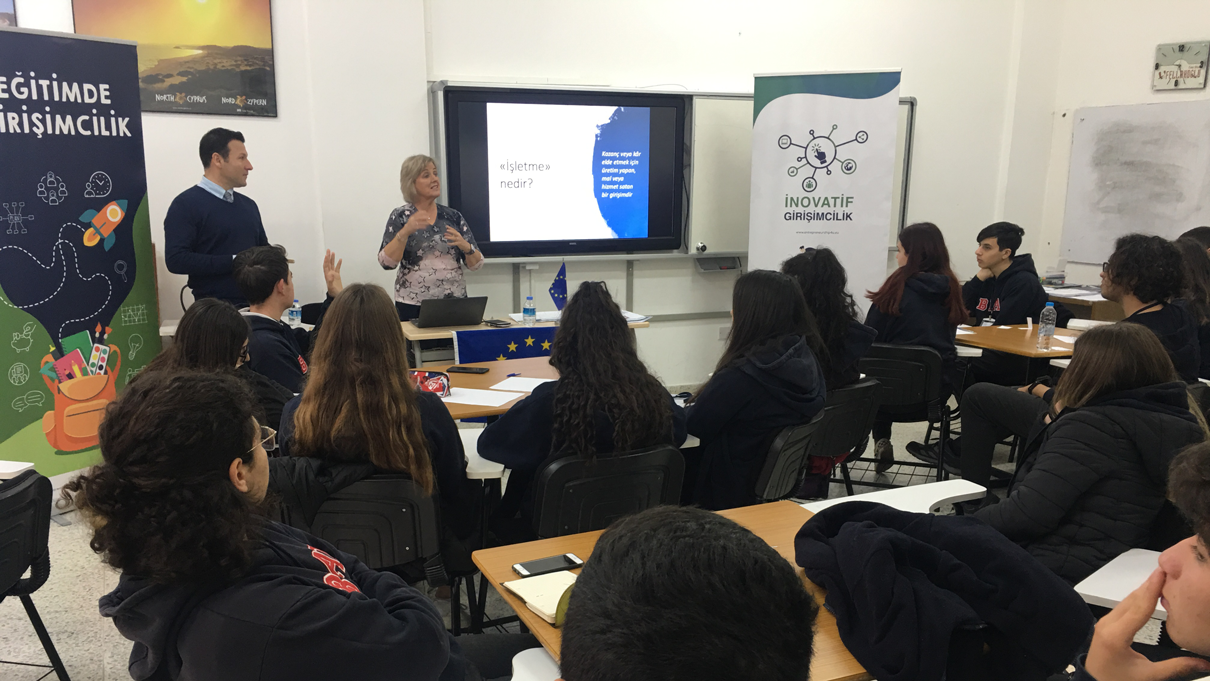Research by the European Union shows that young people who have participated in entrepreneurship education are more likely to set up their own companies. Up to 20% of students who participate in a mini-company programme in secondary school will later start their own company. That is up to five times higher than in the general population. Businesses started by these students are also more ambitious. The European Union believes that all young people should benefit from at least one practical entrepreneurial experience before leaving compulsory education.
Enterprise education allows young people the opportunity to develop entrepreneurial skills for life and work, as they transit from the world of education into the world of work. Also known as entrepreneurship education, it supports the development of employability skills that are important to modern employers, including teamwork, communication, problem solving, creativity, and financial capability. It helps them to build confidence, resilience, and a self-awareness of their own capabilities The need for these skills is persistently highlighted by employers.
Research on the impact of enterprise education shows that as a result of their participation: pupils see more opportunity to start a business locally; they feel they have more skills and knowledge on how to start a business; their entrepreneurial intentions increase; their digital competence, oral communication, mathematical competence, civic competence and sense of initiative and entrepreneurship increase. In addition, school performance increases, sickness levels/absenteeism reduce and school motivation increases.
The Innovative Entrepreneurship project delivered a pilot Enterprise in Education initiative (Mini-business) February 2020 through to April 2020 in eleven secondary and high schools. This mini-company approach is based on experience from Young Enterprise Northern Ireland and also globally through initiatives such as Junior Achievement.



